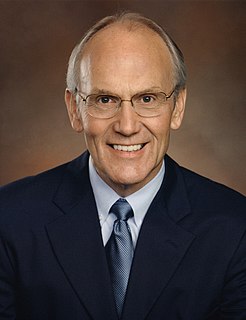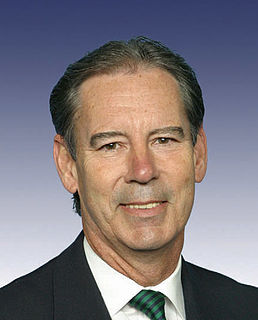A Quote by Ronald Kessler
Lacking a profit motive, workers in the government by and large have a different work ethic from those in private industry. When they could make one call, federal workers take a meeting. When they could find an answer on the Internet, they form a study committee. Instead of appointing one supervisor, they appoint five.
Related Quotes
The more I move among workers and factories and other plants, the stronger I become convinced that it is advisable to have as [a company] president a practical man, preferably one who has risen from the very bottom of the ladder. Workmen, I find, have far more respect for such men than for collar-and-cuff executives knowing little or nothing about the different kinds of work which have to be done by the workers. Wherever circumstances call for placing a financier or lawyer or a papa's son at the head of a large organization, he should be made chairman or some other title, but not president.
This society in which knowledge workers dominate is in danger of a new "class conflict" between the large minority of knowledge workers and the majority of workers who will make their livings through traditional ways, either by manual work... or by service work. The productivity of knowledge work - still abysmally low - will predictably become the economic challenge of the knowledge society. On it will depend the ability of the knowledge society to give decent incomes, and with them dignity and status, to non knowledge people.
Since taking office, Prime Minister Stephen Harper and the Conservative Party have transformed the Temporary Foreign Worker Program - which was originally designed to bring in temporary workers on a limited basis when no Canadian could be found - into one that has brought in a large pool of vulnerable workers.
The biggest difference in what's going on in New Zealand versus the rest of the world, aside from the decriminalization of sex work, is that sex workers were actually part of the decriminalization process. There was a provision in that legal change stating sex workers would be part of an evaluation committee, and in 2008, they were, they were a part of the committee determining whether or not decriminalization worked. They are continually regarded as stakeholders - in their communities, but also in the legal process. That's such a different way of operating.
Employers, have you ever stopped to reckon what the goodwill of your workers is worth? ... In most large concerns it would be worth more in dollars and cents to have the goodwill of the working force than of those on the outside. It has been repeatedly demonstrated that the average working force is capable of increasing its production 25% or more whenever the workers fell so inclined. Workers animated by ill will cannot possibly give results equal to those of workers animated by goodwill. The tragic fact appears to be that a tremendous number of working forces are not so animated.































